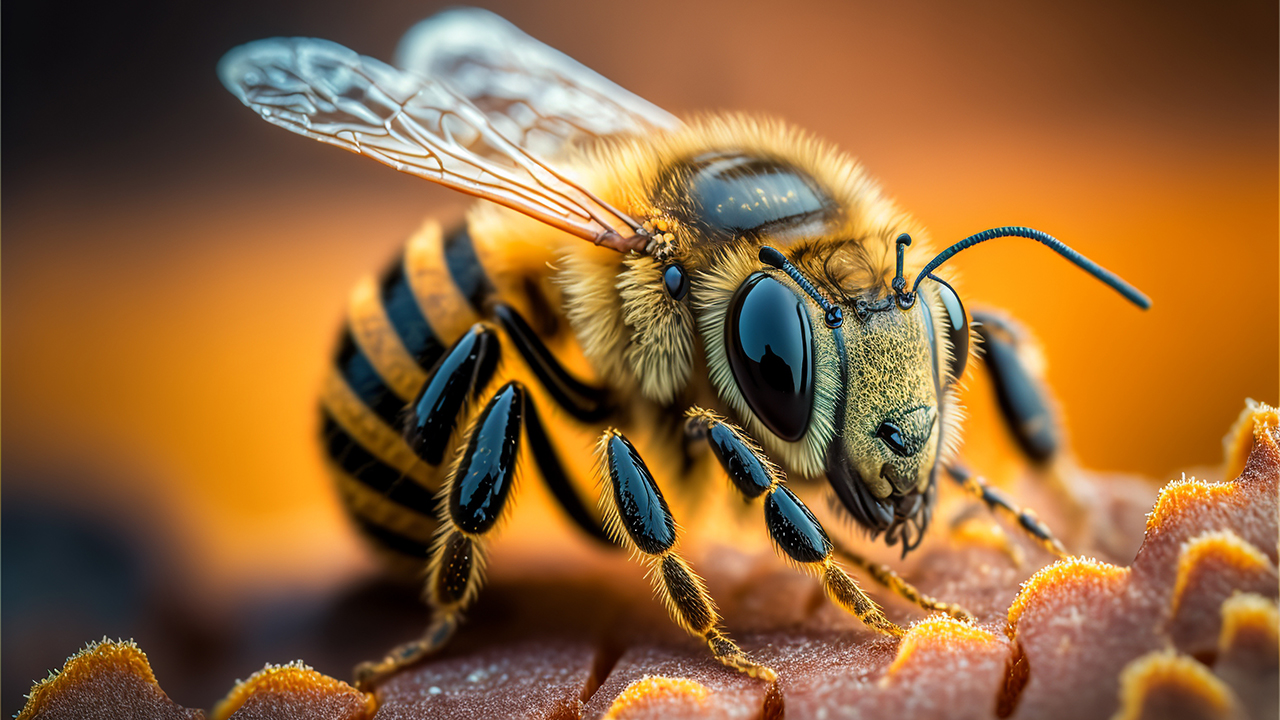
Amidst escalating environmental concerns, Bee City USA is championing the cause of pollinator conservation.
This initiative, under the umbrella of the Xerces Society for Invertebrate Conservation, has garnered national attention for its commitment to creating habitats for bees, butterflies, and other pollinators.
Through mobilizing communities across the US, the program aims to foster locally tailored approaches to protect and enhance populations, essential for maintaining healthy ecosystems and food production.
Central to Bee City USA’s strategy is the development and maintenance of landscapes that support thriving pollinator populations.
Affiliated cities and towns are dedicating efforts to planting native, pesticide-free flowering plants, establishing community gardens, and ensuring a season-long bloom to provide continuous nourishment for pollinators.
Beyond landscape transformation, the program places significant emphasis on education and awareness. Through workshops, seminars, and public events, Bee City USA affiliates engage residents in understanding the importance of pollinators and the challenges they face, guiding them in creating and managing pollinator-friendly spaces.
Participating cities and campuses adopt specific, pollinator-supportive policies, including reducing pesticide use, safeguarding existing habitats, and integrating pollinator-friendly practices in city landscaping projects.
With dozens of cities and communities across the United States, attaining certification as Bee Cities or Bee Campuses, ongoing efforts contribute to the broader goal of pollinator conservation.
The success of Bee City USA is rooted in community involvement and collaboration. Local garden clubs, schools, nonprofit organizations, and volunteers propel the initiative, ensuring efforts are both locally relevant and impactful.
Bee City USA encourages communities to become active environmental stewards. By fostering sustainable habitats for pollinators, Bee City USA contributes to the well-being of these essential creatures promotes the health of ecosystems, and enriches the natural world.
The growing participation of cities in this cause paints a brighter picture for the future of pollinators

About The Author
John Bagnasco has been in the gardening industry for over 50 years, starting with a horticulture degree from Michigan State University and following a stint at Frank’s Nursery and Crafts in Detroit.
After publishing his first book “Plants for the Home Vol. I” in 1976, he moved to California to become regional manager and buyer for the Nurseryland division of Sunbelt Nursery Group.
He then became the head buyer for Armstrong Garden Centers based in Glendora, California. John had a part-time affiliation with Creative Promotions for ten years before joining them full-time in October 2000 as a senior editor and radio personality for Garden Compass.
John has also taught horticulture classes at Palomar College and San Diego State University.
He is the host of the DVD “The Essential Guide to Roses,” which also features Bryan Main and Bruce and Sharon Asakawa.
His most recent book is “Planting Designs for Cacti and Succulents”.
Currently, John is a co-host on “Garden America,” an interactive live gardening show that additionally provides podcasts of the broadcasts accessible on all major platforms.
You can contact John here.
